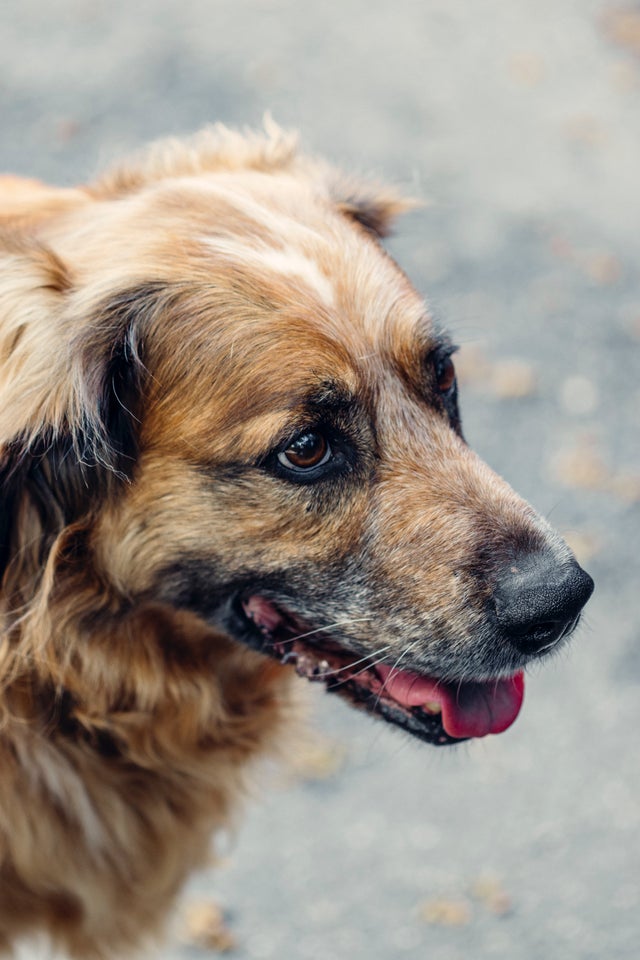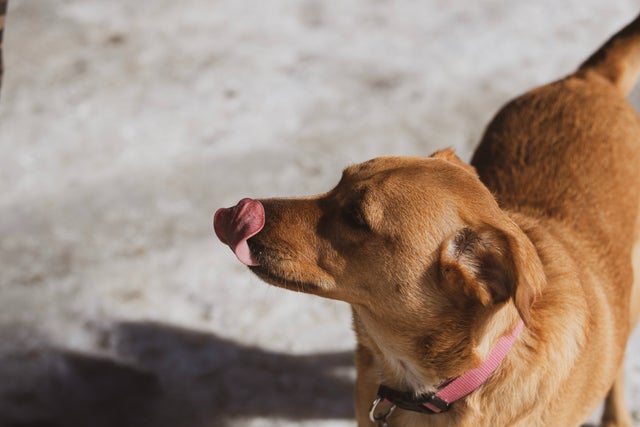There are certain foods to never give your dogs, but not all table scraps are dangerous. In fact, some have great nutritional value. Your dog’s regular food provides them with appropriate nutrients, so these treats should only be given in moderation.
Bread
Bread, in small portions, is okay for most dogs to eat and is a common food to hide dogs’ pills in. Keep in mind that it is safe for them, but has no nutritional value and is high in carbs. Raw bread dough is very toxic to dogs.
Cheese
Although it is a source of calcium and protein, cheese is high in fat. Some dogs may be lactose intolerant so giving them cheese should be avoided.
Corn
Corn is the most common ingredient in dog foods, so it is safe to give as table scraps. The cob should not be given to your dog as it can cause life-threatening obstructions.
Eggs
Eggs are a great source of protein and may help a dog’s upset stomach. Take extreme caution when giving your dog eggs. They must only be consumed when cooked all the way through or else they will be toxic.
Fish
Fish like salmon, shrimp, and tuna contain health fats, amino acids, vitamins, and protein. Fish should be cooked through and served without the bones as the bones are a choking hazard.
Fruits
Popular fruits to give dogs are cantaloupe, bananas, blueberries, and apples, which are all high in vitamins. Fruits can have a lot of sugar, so treat your dog with fruits in small amounts. There are cautions to take when considering fruit as a snack. Grapes are toxic to dogs and can cause kidney failure, so never give your dog grapes or raisins. The citric acid in citrus fruits may cause stomach irritation.
Ham
Ham is a safe protein for dogs, but it is high in sodium and fat, so it should only be given periodically.
Honey
Honey is filled vitamins, potassium, and antioxidants. Small amounts of honey may also help your dog’s allergies as the pollen can help build up an immunity.
Peanut butter
Peanut butter is another common treat used to hide pills. It contains protein and healthy fats. Check to make sure xylitol is not an ingredient because it is toxic to dogs.
Popcorn
Riboflavin and thiamine in popcorn can promote eye health. Make sure it is unsalted and unbuttered, and never give your dog kernels because they can choke on them.
Pork
Pork is high in proteins and amino acids, and it is an easy meat for dogs to digest.
Turkey
Before giving your dog small pieces of turkey, remove the fat and skin and avoid any extra salt or seasonings.
Vegetables
Vegetables are high in vitamins and minerals. Popular vegetable snacks for dogs are green beans, broccoli, spinach, peas, and carrots. These can be healthy treat alternatives especially if you are trying to help your dog lose weight.
Yogurt
Plain yogurt with no sugar added can benefit your dog. Yogurt contains probiotics that can strengthen their digestive system.
Foods high in fructose, such as honey and fruits, may be problematic for diabetic dogs. Before treating your dog to any of these foods, check with your veterinarian for any dietary restrictions they may have.




